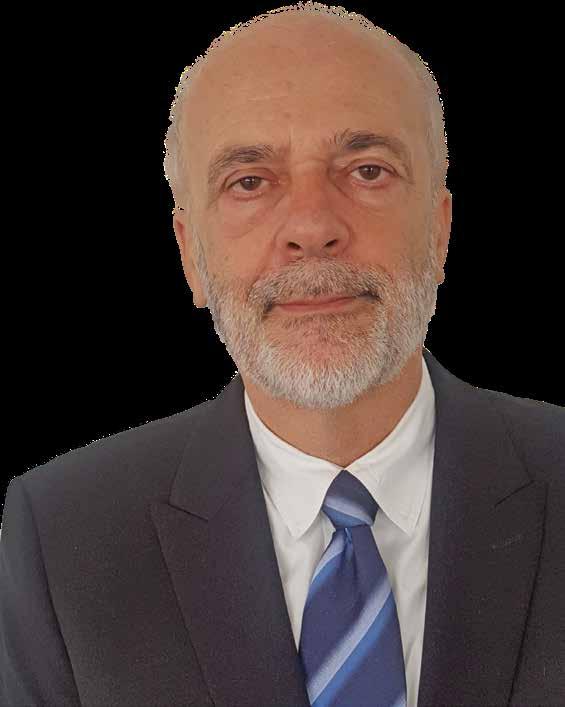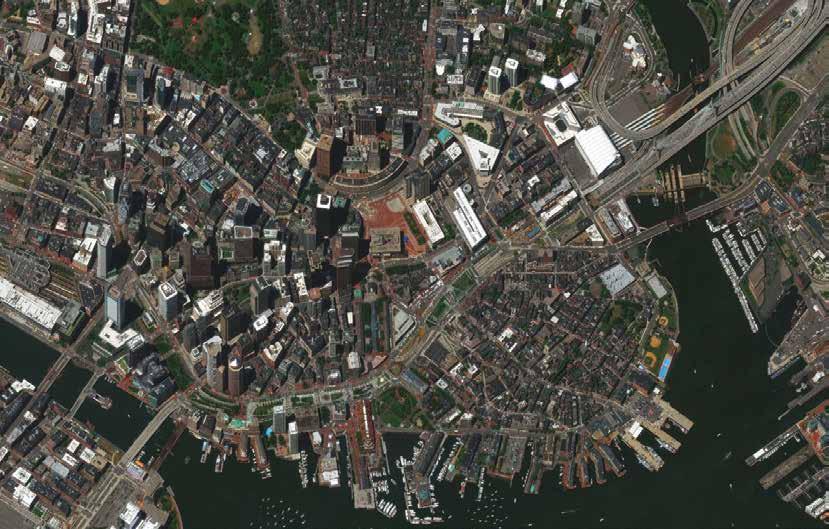INTERVIEW
Geospatial Knowledge Infrastructure to Power Decisions at All Levels If developed properly, geospatial knowledge infrastructure can help in coordination and bridging the geospatial digital divide, apart from enabling the private sector to recover quickly from the current crisis and empowering all stakeholders, emphasizes Milorad Kovacevic, Chief of Statistics, United Nations Development Programme Can you share with us your thoughts around the larger impact of COVID-19 on the world economy and society? This is a very important question. I think everyone around the world is currently trying to measure, assess and predict the impact of the pandemic. This is certainly the most challenging crisis since World War II. It is a global health calamity unlike any other, and is increasing human suffering, destabilizing and endangering the global economy, and upending the lives of billions of people. The International Monetary Fund has already predicted a global recession worse than 2008. The International Labour Organization has said that nearly 300 million people will be rendered jobless. We have entered a global recession of record dimensions. As mitigating this crisis requires the closing of borders, travel bans and quarantine measures, the tourism sector has been completely devastated — the UN World Tourism Organization has predicted a 60%-80% decline in the sector.1 The GDP growth of some developing countries, especially small island nations, is heavily dependent on tourism. Many other 1  https://www.unwto.org/news/ covid-19-may-statement-unwto-secretary-general. www.geospatialworld.net | May-June 2020
31






